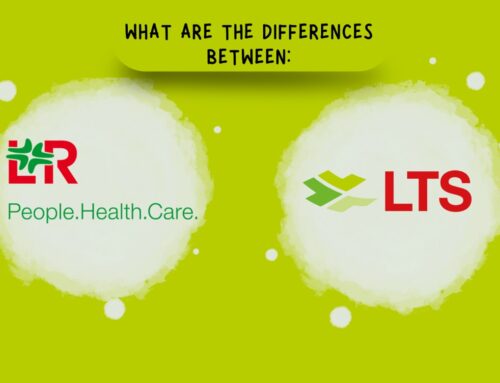
Everyone is talking about CSR, but it hasn’t been around in this form for very long.
The European Union (EU) began developing a political concept to promote “corporate social responsibility” in 2000. This is based on the idea of companies voluntarily assuming social responsibility beyond the scope of legislation.
It is about sustainability and the responsibility of companies for the general public in social, ecological and economic terms. In other words, fair business practices, employee-oriented personnel policies, economical use of natural resources, protection of the climate and environment, as well as responsibility in the supply chain.
Germany as a pioneer?
The actual idea is not that new. It originated in Germany in the age of industrialization.
In the middle of the 19th century, exploitation of the workforce and serious environmental damage were the order of the day in industrially prosperous Germany.
Friedrich Engels and Charles Dickens vividly described the “hard times” of the time and entrepreneurs reacted to this: Werner von Siemens (1816 – 1892) and Alfred Krupp (1812 – 1887) offered their workers improved working conditions, housing and a minimum of social security.
8-hour day and paid vacation!
Ernst Abbe (1840 – 1905) himself came from a poor background and was a physicist, optician, inventor and entrepreneur who developed the optician’s workshop founded by Carl Zeiss in Jena in 1846 into a global company.
Abbe introduced what is taken for granted today: he reduced working hours and introduced the 8-hour day for the first time in Germany in 1901! He founded the Zeiss health insurance fund, which granted every employee free treatment and free medication. There were 6(!) paid vacation days per year, protection against dismissal and even profit sharing.
Property obliges
Otto von Bismarck was one of the pioneers of the modern welfare state at the end of the 19th century. He came up with the idea of health, accident and pension insurance with employer participation. Unemployment insurance was added in 1927. Gradually, these ideas found their way into general legislation.
After World War II, Konrad Adenauer and Ludwig Erhard were the fathers of the social market economy and the philosophy that private interests are jointly responsible for the public good.
Article 14 (2) of the Basic Law reads: “Property is an obligation. Its use shall at the same time serve the common good”.
Especially today, it is important to make a commitment
CSR offers companies great opportunities to set voluntary standards!
ESG (Environmental, Social and Corporate Governance) exists alongside CSR. Both aim to have a positive impact on the environment, social issues and corporate governance. ESG is more holistic, focusing on financial aspects and risk management, while CSR pursues more philanthropic and social initiatives.
From January 2025, ESG – in contrast to voluntary CSR – will be mandatory for companies with more than 250 employees, a balance sheet total of €20 million or an annual turnover of €40 million.
In addition to the mandatory financial reports, these companies are also required to publish information on environmental and social issues as well as responsible corporate governance.
Both guidelines are relevant for LTS – always with the aim of shaping a sustainable ecological future.
What does ESG look like at LTS? More on this in the next blog post.
Photo: LTS Lohmann Therapie-Systeme AG





